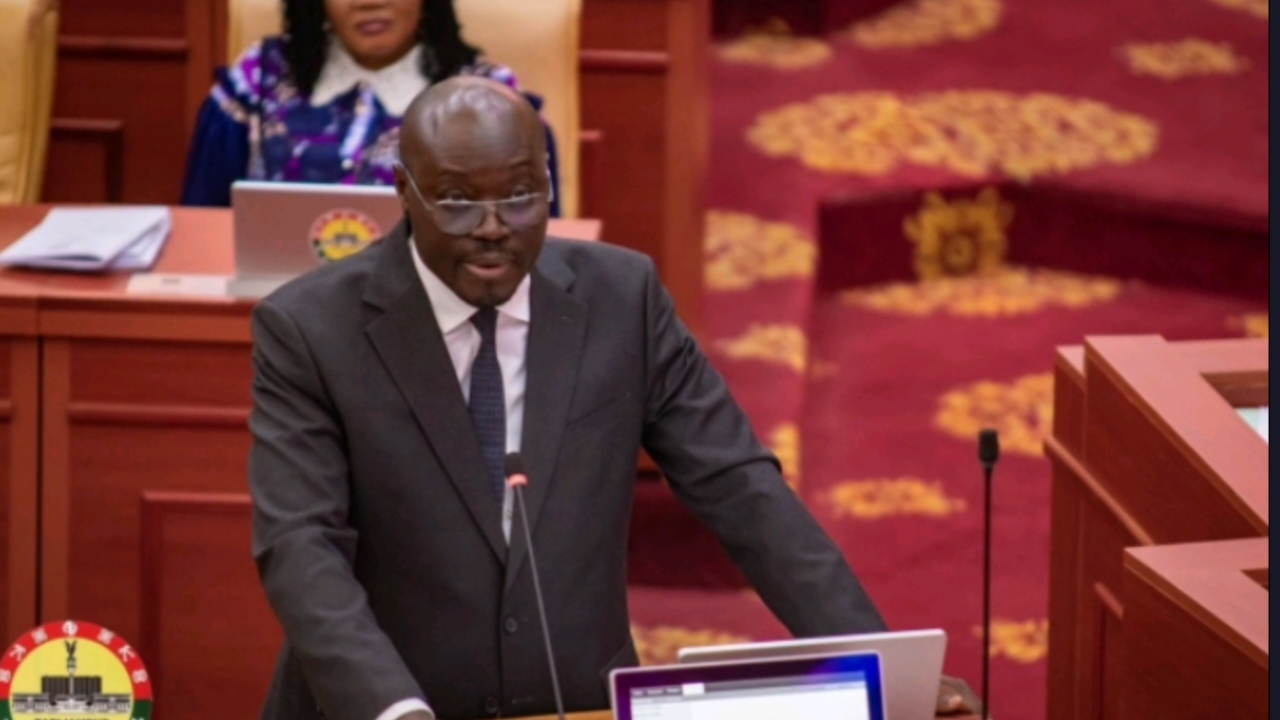On June 4th, 2025, Ghana’s Parliament approved a GH₵1 increase on petrol and diesel taxes. The government amended the Energy Sector Levies Act (ESLA) to raise the Energy Sector Shortfall and Debt Repayment Levy.
Petrol now carries a levy of GH₵1.95 per litre, while diesel has gone up to GH₵1.93 per litre. Liquefied petroleum gas (LPG) remains unaffected by this change.
Background on the Levy
The government introduced ESLA in 2015 and implemented it in 2016 to simplify energy taxes and support failing state-owned utilities. According to the Ministry of Finance, ESLA collections from January 2016 to December 2024 reached GH₵27.2 billion.
In 2025 alone, the government expects to collect GH₵9.57 billion. Within the first five months, it had already received GH₵2.1 billion, according to data from JoyNews Research and the Ghana Revenue Authority (GRA). This pushes the total collected under ESLA to over GH₵29 billion.
Why Raise the Fuel Tax Now?
Despite earlier promises, the Finance Ministry increased the levy without including it in the 2025 budget. In March, Finance Minister Dr. Cassiel Ato Forson told Parliament they would review but not raise the levies:
“Without increasing the levy, we will also review the Energy Sector Levies Act to consolidate the Energy Debt Recovery Levy, Energy Sector Recovery Levy (Delta Fund), and Sanitation & Pollution Levy into one…”
Just under three months later, the government reversed this position.
Falling global oil prices and a stronger cedi lowered fuel costs to a 12-month low. Officials used this moment to introduce the GH₵1 increase, betting that the public wouldn’t push back due to the overall drop in prices.
The Finance Ministry believes the hike creates “fiscal space”—a cushion to manage energy debts without major consumer backlash. Transport unions have already responded by reducing fares by 15 percent. But the real reaction may come when consumers start feeling the impact at the pump.
Government’s Justification
Officials say the higher levy is essential to support the energy sector and keep the power supply stable. They argue that fuel remains affordable, and the strong cedi helps cushion the cost.
However, these trends could reverse. If oil prices climb or the cedi weakens, this tax could erase recent gains and strain household budgets again.
The government’s goal of fiscal stability makes sense. But key questions remain:
Why exclude LPG?
Is this a short-term fix or a long-term plan?
Will the government remove the levy if conditions improve?
Demand for Accountability
Ghanaians want answers—and updates. The public deserves to know how much the levy raises, where the money goes, and whether it solves the energy sector’s problems.
After collecting GH₵29 billion, citizens are asking a tough question: If that money didn’t fix the issue, will one more cedi make the difference?




